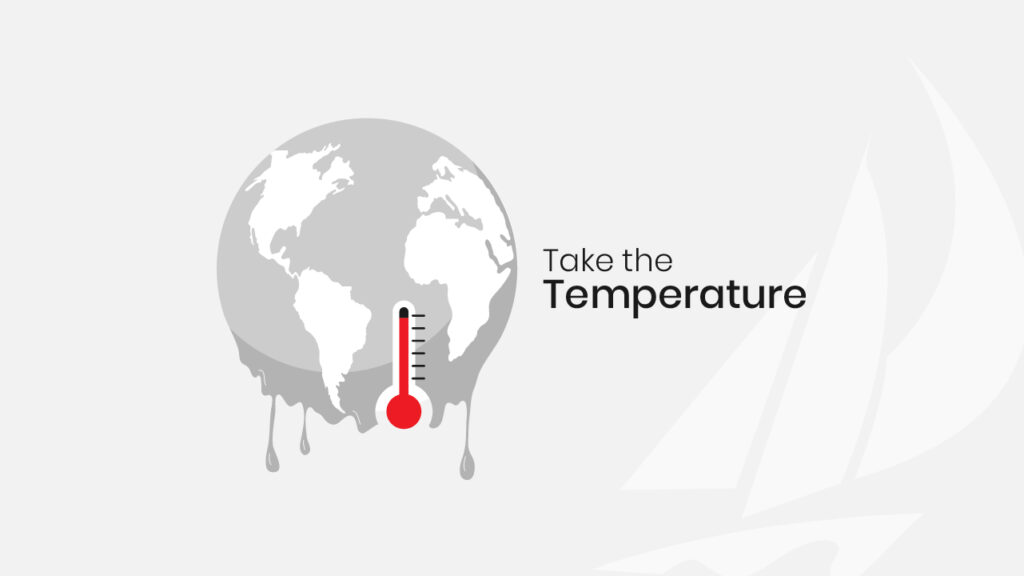
Insurance brokers should always be sensitive to the context and environment in which an insurance policy is needed. This context or environment directly impacts the risk sought to be protected by the policies. Being aware of changing realities and considering those changes as they relate to issuing insurance policies is an essential part of being an insurance broker.
Climate change is a prime example of such a change that directly impacts the insurance field and should be considered by brokers in effectuating their responsibilities. Climate change, whether it be temperamental weather conditions or rising temperatures, has a substantial effect on the risk to insured properties. Competent and thoughtful insurance brokers should consider that effect when drafting, reviewing, and updating insurance policies.
Rising sea levels resulting from adverse climate change threaten flooding and damage to properties in coastal cities. Additionally, rising temperatures lead to warmer bodies of water, which means more water evaporates into the atmosphere, fueling hurricanes, typhoons, and torrential rain. Similarly, rising temperatures could mean droughts and wildfires due to Aridity, which in turn also have the potential to damage and destroy land and properties. Those severe weather conditions could damage and even destroy insured properties.
All the above changes have increased the risk of loss to insured properties. One of the ways to reduce that loss, and provide more comprehensive insurance coverage, is to be aware of the causes and impact of the risk brought on by climate change. Another way to protect customers from loss is to advise them to maintain their properties and resolve minor issues that could be compounded by climate change and lead to significant damage.
Being aware of the impact of climate change will also force insurers/insurance companies to consider how to operate in a more environmentally sustainable manner and to do so while continuing to improve their competitiveness.